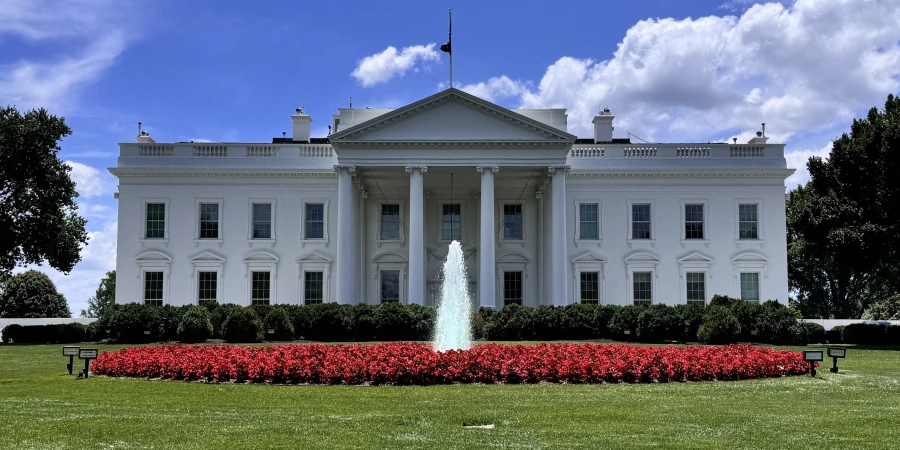Faith and Power: Biden Hosts Christian Leaders for Intimate White House Holy Week Gathering

The White House is embracing the spiritual significance of Holy Week with a series of meaningful events designed to bring together Christians from diverse backgrounds. On Wednesday, a special dinner will provide an opportunity for interfaith dialogue and community connection, while Thursday will feature a religious service that celebrates the shared traditions and values of Christian communities across the nation.
This thoughtful approach highlights the administration's commitment to religious inclusivity and understanding, offering a platform for Christians of various denominations to come together in reflection and unity during this sacred time of year. The events promise to be a powerful demonstration of mutual respect and spiritual solidarity.
